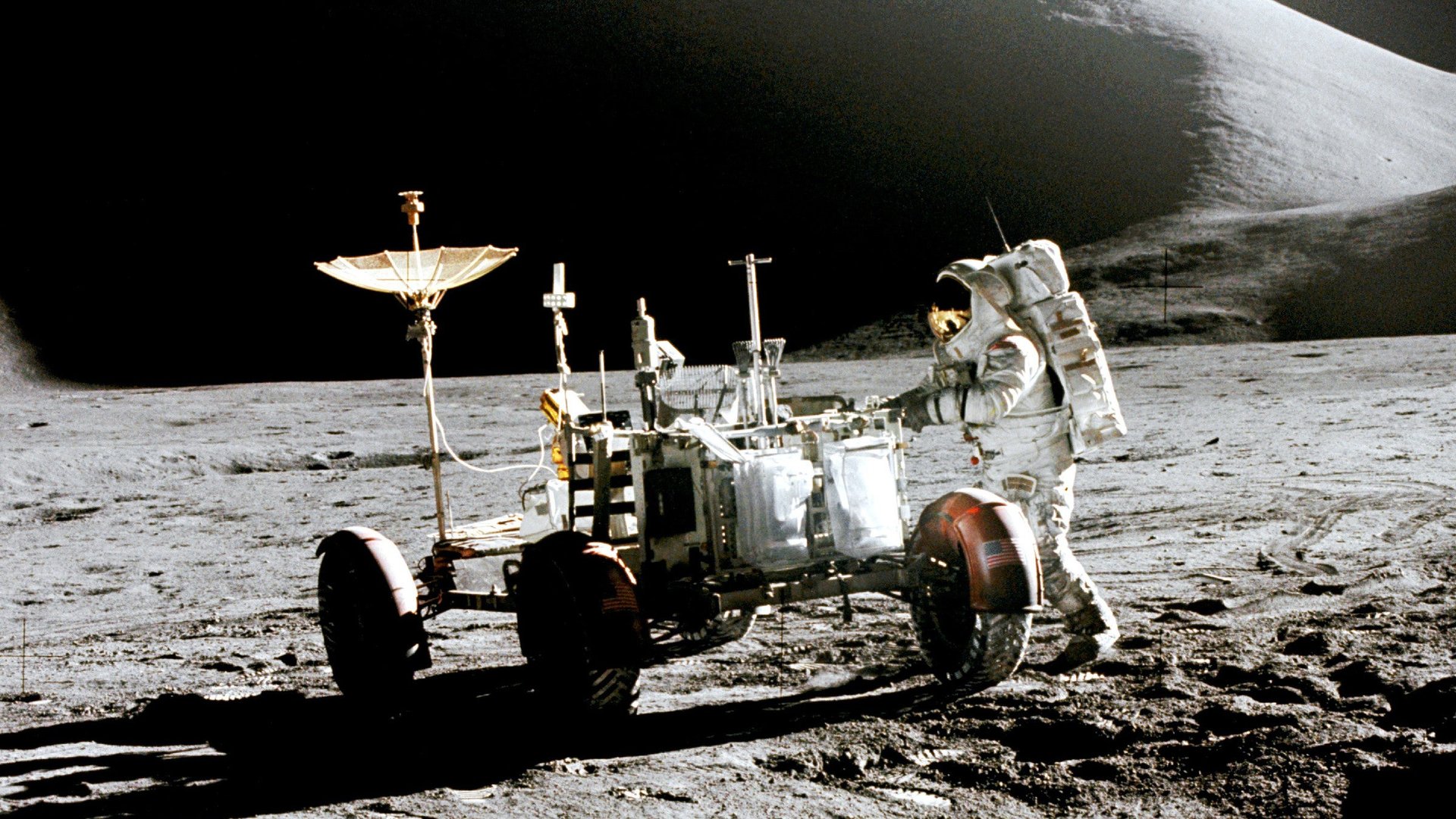The race to land a privately funded robot on the moon is officially set for 2017
It took five years of deadline extensions and an extra $10 million in prize money, but two private organizations have paid for launches in 2017 that they hope will make them the first private groups to land a robot on the moon.


It took five years of deadline extensions and an extra $10 million in prize money, but two private organizations have paid for launches in 2017 that they hope will make them the first private groups to land a robot on the moon.
Should they succeed, they’ll be awarded the $30 million Google Lunar X-Prize and a place in the record books.
The prize organization announced today that Moon Express, a Silicon Valley company that hopes to mine the moon for precious resources, had signed a contract with Rocket Lab, a company that has developed a new electric rocket engine to blast small satellites into orbits (and, apparently, robots to the moon).
Though Rocket Lab has yet to test its rocket in flight, it is optimistic that it will fly its rocket in 2016 and begin regular commercial service in time to launch the Moon Express probe in 2017.
Another contender for the prize, the Israeli nonprofit SpaceIL, had its own 2017 launch plans certified in October. The group purchased a “rideshare” on a SpaceX Falcon 9 rocket, arranged by Spaceflight, another startup that aims to be the Uber of orbital access by purchasing space access wholesale and retailing it to satellite operators (and, apparently, moon-bound robots.) While SpaceX’s rocket is a comparatively tried technology, with 18 successful launches under its belt, its last launch ended in failure. The company hopes to return to flight before the end of 2015.
The news that there is more than one entrant in this race is a boon for the Lunar XPrize, which was announced in 2007 as a $20 million prize with a deadline of 2012. When no teams emerged to meet that deadline, the deadline was extended until 2014—and eventually the organizers said that if no flights were expected to launch by the end of 2017, the contest itself would be called off at the end of this year.
Space fans have high expectations for 2017 generally: Both Boeing and SpaceX are scheduled to attempt the first private flights of humans into orbit, so a robotic race to the moon should only add to the drama.
Besides the two certified entrants, 14 other teams are nominally in the race, including entrants from India, Chile, Brazil, and Germany. However, few others are considered advanced enough to begin to contend for the prize with the deadline fast approaching, at least in space-travel time.